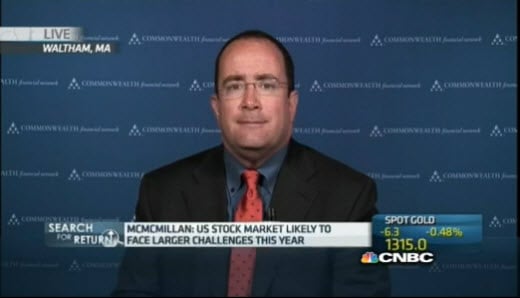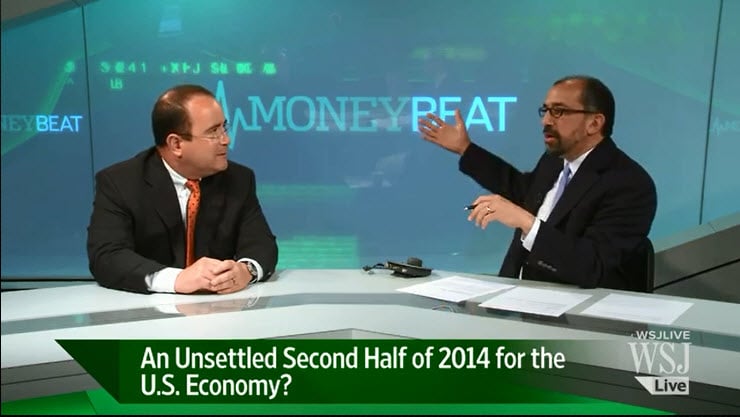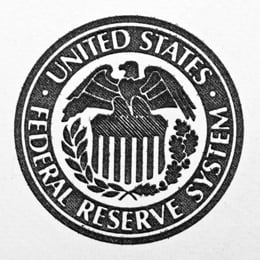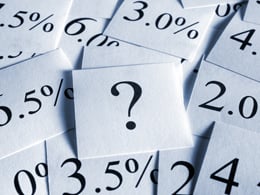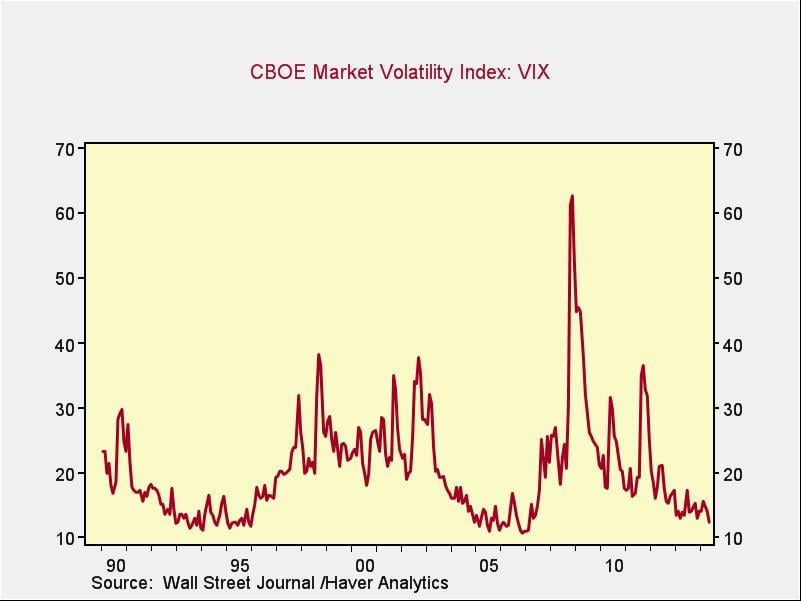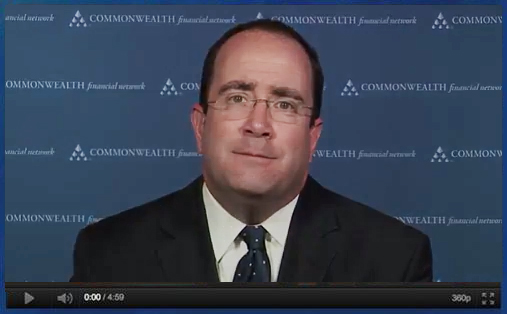With all of the data out there—and all of the different takes on where the economy and financial markets are going—is there a warning sign that can tell us if the stock market is getting overextended?
I track several signals that are good economic indicators, but the stock market is tougher. There aren't any really good signals out there. Even the one I use most, the 200-day moving average, isn’t all that great.
One sign of a pending top, though, has become more apparent in recent weeks: investors are increasingly invoking 1999 to explain why the market is now reasonably priced.




